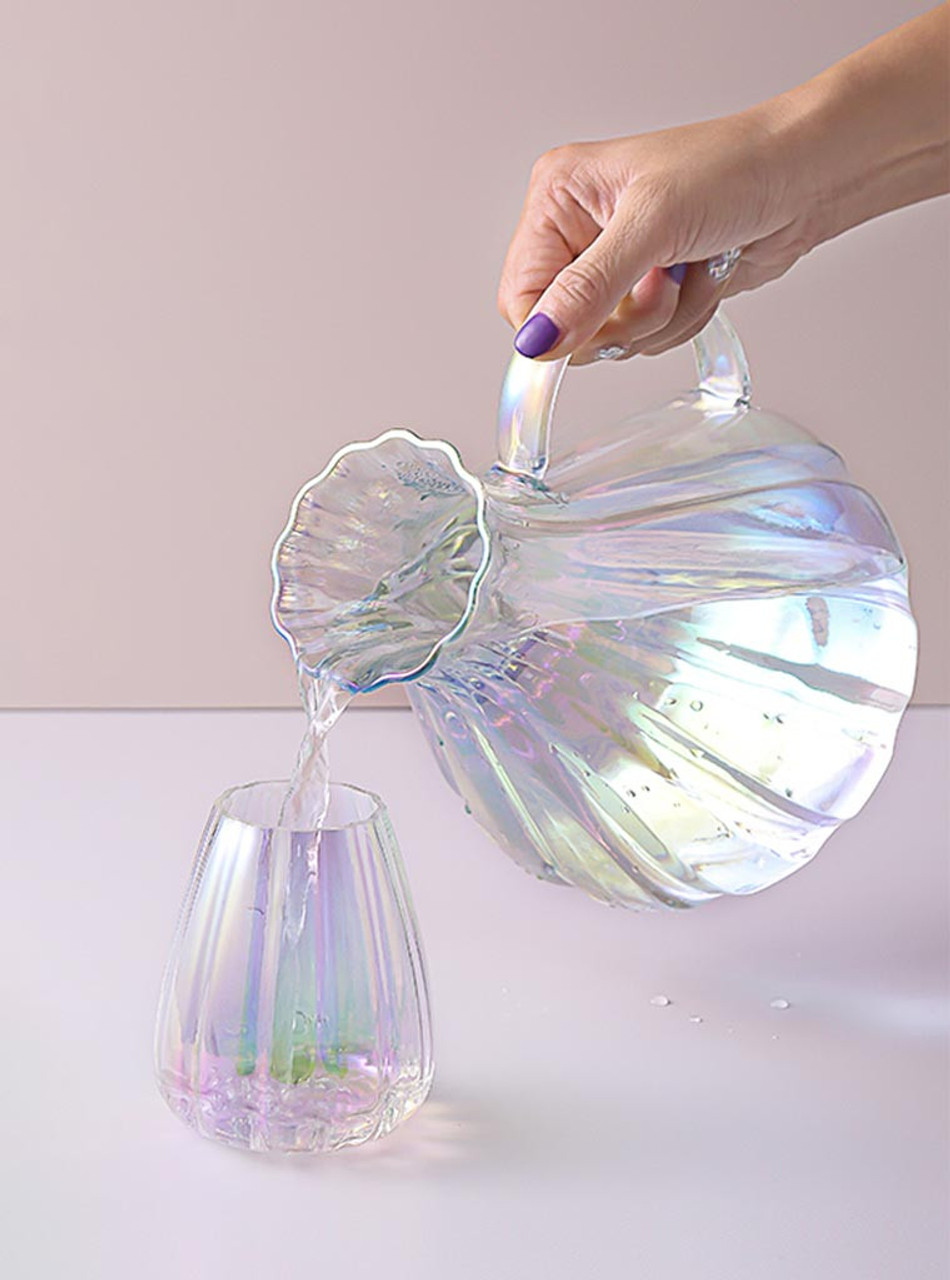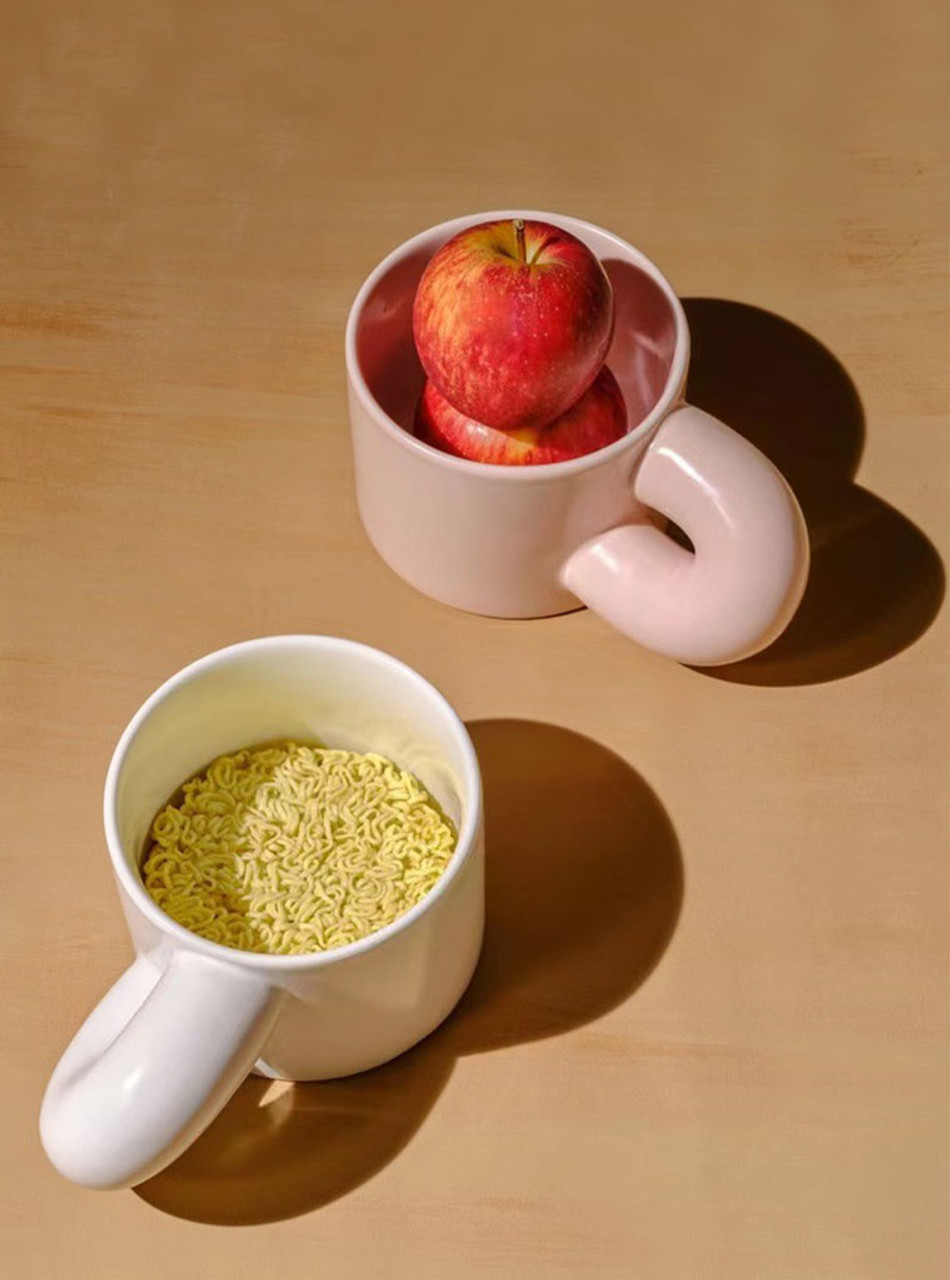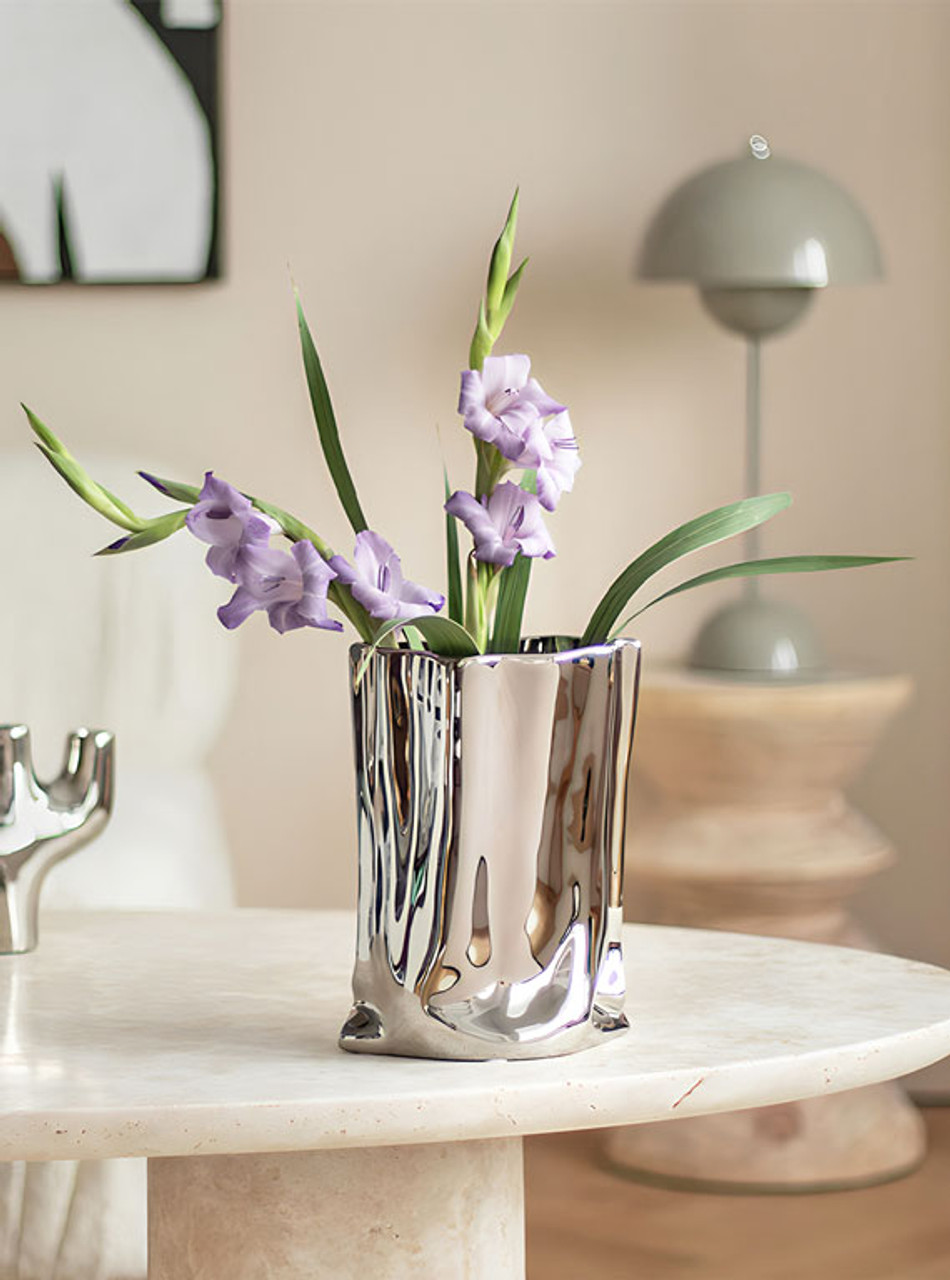A Playful Guide to Clinking Glasses Toasting!
Posted by TUTU HOME on 8th Oct 2023
Clinking Glasses: Wine Toasting Expression
Across time and cultures, people have shared the tradition of raising glasses and clinking them during drinking. The earliest custom of toasting is said to have originated in ancient Rome. The Romans, known for their reverence for strength and valor, would gather and drink before gladiatorial contests as a gesture of mutual encouragement. Since the wine was prepared in advance, and to prevent any ill-intentioned individuals from poisoning their opponents, a precautionary measure was adopted. This involved each participant pouring a bit of their own wine into their opponent's cup before the contest. Eventually, close friends and acquaintances no longer needed this elaborate ritual and would simply touch their wine goblets symbolically. Thus, this practice gradually evolved into the act of clinking glasses.
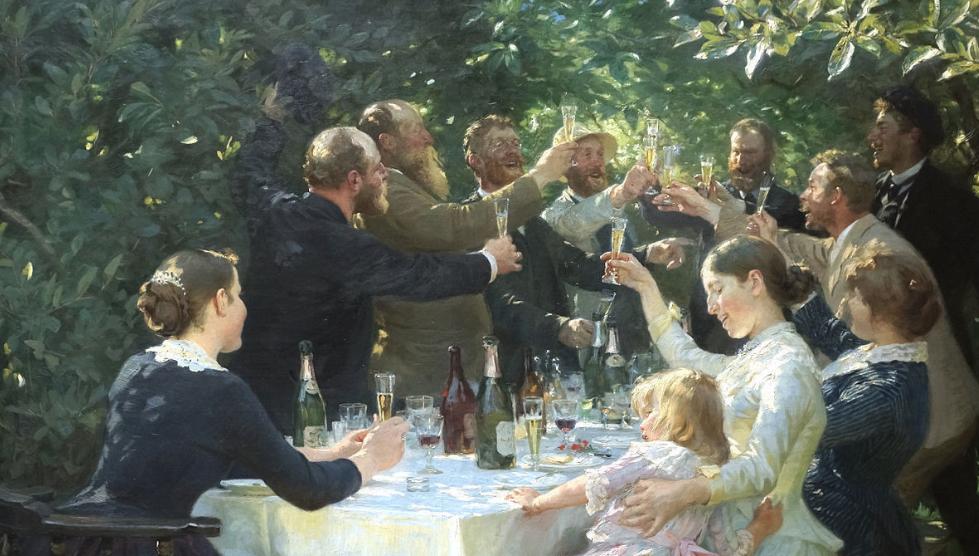
Wine Toasting Scene in‘Hip, Hip, Hurrah! Image courtesy Wikipedia Commons.
‘Hip, Hip, Hurrah! (Danish: Hip, hip, hurra! Kunstnerfest på Skagen) is an oil-on-canvas painting from 1888 by Norwegian-Danish painter Peder Severin Krøyer.
During wine toasting, it's common for people to express well wishes, known as making a "toast." This tradition is represented by the word "toast" in English. But why is the act of raising a glass called a "toast"? Does it have any connection to actual toast, as in toasted bread?
“Drink down all unkindness.” --- Shakespeare, Merry Wives of Windsor, Act 1
The word "toast" originally referred to toasted bread. In ancient times, when wine wasn't as palatable as it is today, the British had a habit of soaking a piece of toasted bread in their wine bowls. This toast would absorb the acidity of the wine, enhancing its flavor and making it more enjoyable. This practice was even mentioned by Shakespeare in his comedy "The Merry Wives of Windsor." The character Falstaff requests, "Give me a bowl of wine; I have not that alacrity of spirit nor cheer of mind that I was wont to have." Back then, adding a piece of bread to a pitcher of wine was quite common.
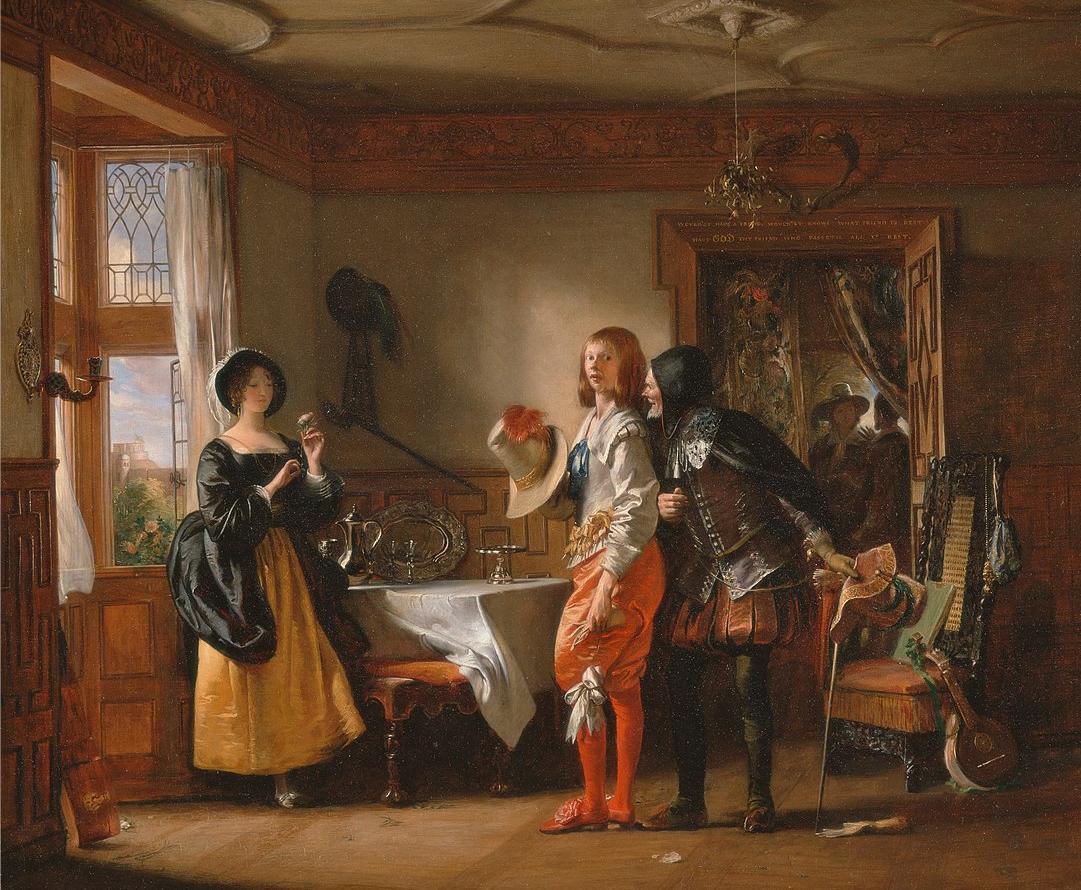
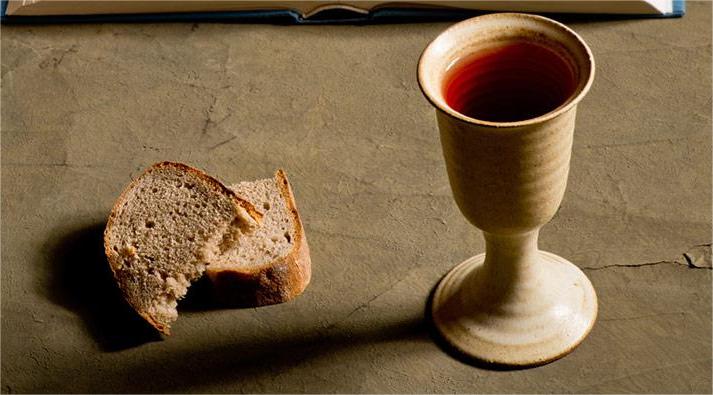
Left Image courtesy Wikipedia Commons, Public domain. Scene from The Merry Wives of Windsor Painted by Charles Robert.
Over time, the word "toast" took on new meanings beyond its original reference to bread. It came to symbolize the act of making a congratulatory or celebratory gesture while raising glasses. Gradually, this ritual became a celebratory action, often guided by a key figure known as the "Toastmaster." The Toastmaster, akin to a master of ceremonies or host, would lead the toasting segment at events, ensuring order and preventing chaotic scenes. Apart from guiding the toasting, a Toastmaster might also perform warm-up activities, provide humorous speeches, or entertain with skits to liven up the atmosphere.
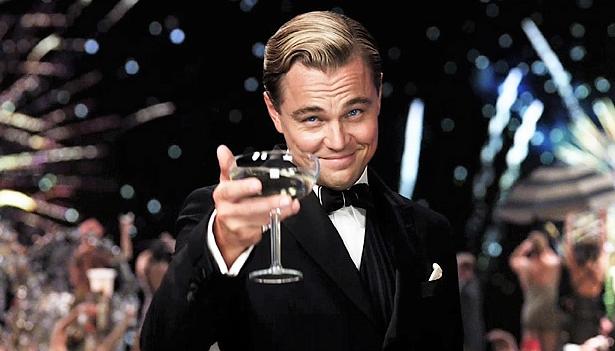
In modern times, clinking glasses has become a standard etiquette at dining tables and gatherings. Toasting has become an almost instinctive act that accompanies drinking. And the toasting phrases from different countries are incredibly diverse and colourful. So, what do people from various nations say when they raise their glasses for a drink?
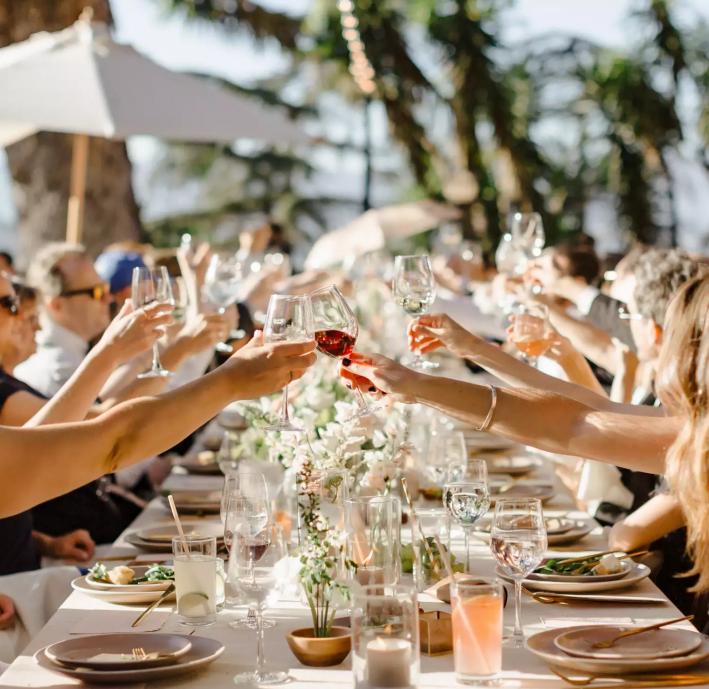
Toasting scene, photo by Logan Cole Weddings
United States, United Kingdom, Australia:
Cheers!
The origin of "Cheers," as noted in the 1910 edition of the "Encyclopædia Britannica," may be rooted in the oldest religious rituals where toasting was a gesture of reverence towards gods or death. Ancient Greeks and Romans would often raise their glasses to the gods during everyday meals and also make toasts to deities and the departed at ceremonial feasts.
Therefore, the true essence of "Cheers" lies in showing respect to the divine. As it has evolved to the present day, it carries a broader meaning of wishing happiness and good health.
France:
Santé / À la vôtre
The original phrase was "Avotre anté," meaning "to your health." However, the sentence was a bit of a mouthful, so it got a stylish makeover and became "Santé" (health). Additionally, the French have another toast, "À la vôtre," which translates to "to your health," expressing a warm and friendly wish. "Tchin Tchin" is also one of the toasting expressions nowadays.
Italy:
Salute! /CinCin
"Salute!" in Italian, which translates to "health" in English. They also use "CinCin," which has an interesting backstory. Legend has it that this custom is connected to Marco Polo. It's said that during Marco Polo's travels in China, he observed a unique practice at banquets. The host would invite guests by saying "qing, qing!" just before everyone raised their glasses in mutual respect, followed by joyful celebrations. Marco Polo brought this story back to Europe, and Europeans gradually began to adopt this custom.
China
干杯Gan bei/ Qing Qing
China's drinking culture boasts a rich history, and people often use toasting phrases like "干杯" (gan bei) and "请" (Qing) to raise their glasses. Additionally, Chinese people emphasize showing respect to elders. They might use phrases like "yam sing" (in Cantonese) or "身体健康" (shēntǐ jiànkāng), meaning "to your health” to express their respect and well-wishing.
Germany:
Prost! or Zum Wohl!
Germans are known for their love of beer, and these phrases express "cheers" and "to your health." Beer festivals like Oktoberfest showcase this rich cultural tradition.
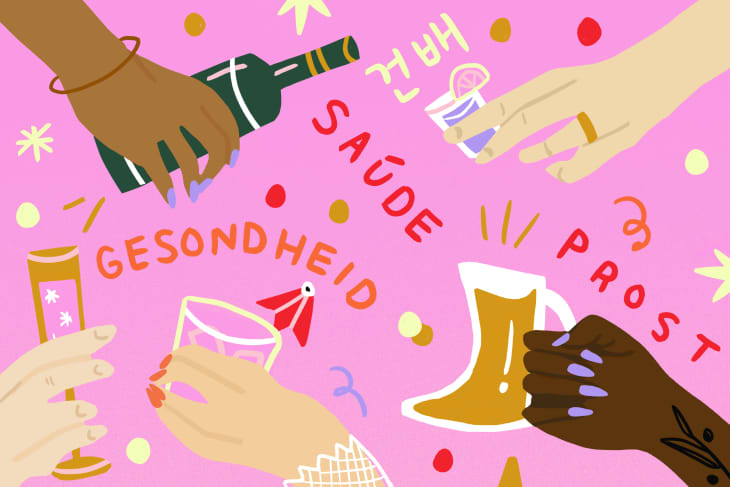
Image credit: Jenny Chang-Rodriguez
Japan:
かんぱい 乾杯
乾杯 (Kampai) in Japanese is actually a loanword, the Japanese phrase sounds similar to the Chinese "干杯" (gan bei). Japan also produces wine, with Yamanashi Prefecture being a major wine-producing region.
Brazil:
Saúde!/Tim-tim
Saúde! Brazilians are known for their hospitality, and "Saúde" (health) or "Tim-tim" is a common way to say cheers.
Spain, Chile, Argentina:
Salud
"Salud" literally means health. Although we've translated it as "cheers," the actual meaning is somewhat different. So, sometimes Spaniards might add a little extra after "Salud":
Salud por ti! (Health to you!)
Salud por la vida! (cheer for life!)
Salud por el amor! (cheer for love!)
Apart from the mentioned toasting phrases, there are many more around the world: Koreans say 건배 (geonbae), Turks say Serefe, Filipinos say Mabuhay, Norwegians, and Swedes say Skål, and Finns say Kippis.
Toasting, as an ancient and emotionally charged art, carries endless wishes, celebrations, and respect. Wrapped in the diverse cultures of different countries, these toasting expressions resemble vibrant blossoms, blooming in the global garden and spreading the fragrant essence of human connections.
“To the old, long life and treasure ;
To the young, all health and pleasure ;
To the fair, their face with eternal grace ;
And the soul to be loved at leisure.”
(Cited from “The Gypsies Metamorphosed” written by Ben Jonson( an English playwright and poet.)
May you learn to toast graciously and with good wit!
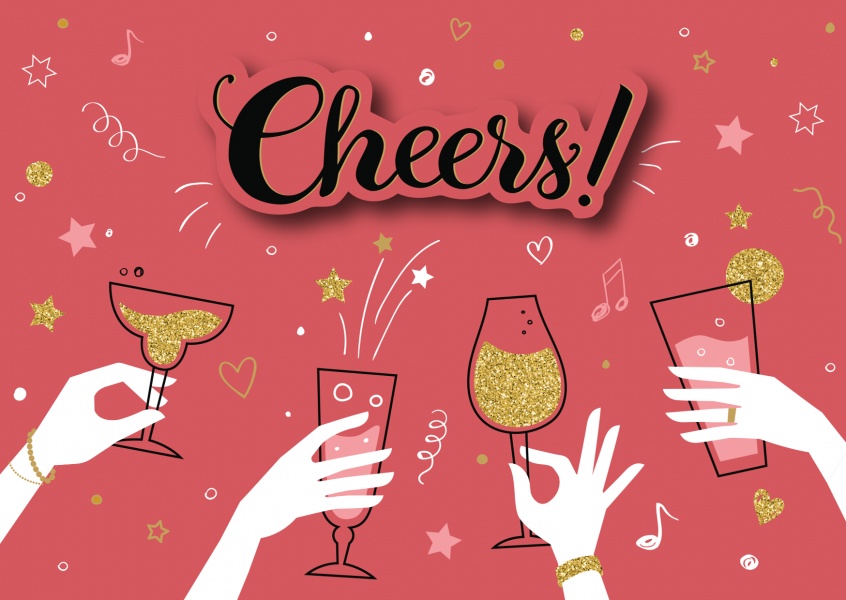
Shop our curated collection:
Glass Cup: "Petal" Neo Colour Borosilicate Glass Cup
Funny Mug: "Macaroni" Chunky Large Ceramic Mug
CeramicVase:Silver "Le Papier" Paper Bag Vase


